The Mystery of the Incarnation: Unveiling the Profound Encounter of God in Human Form
Introduction:
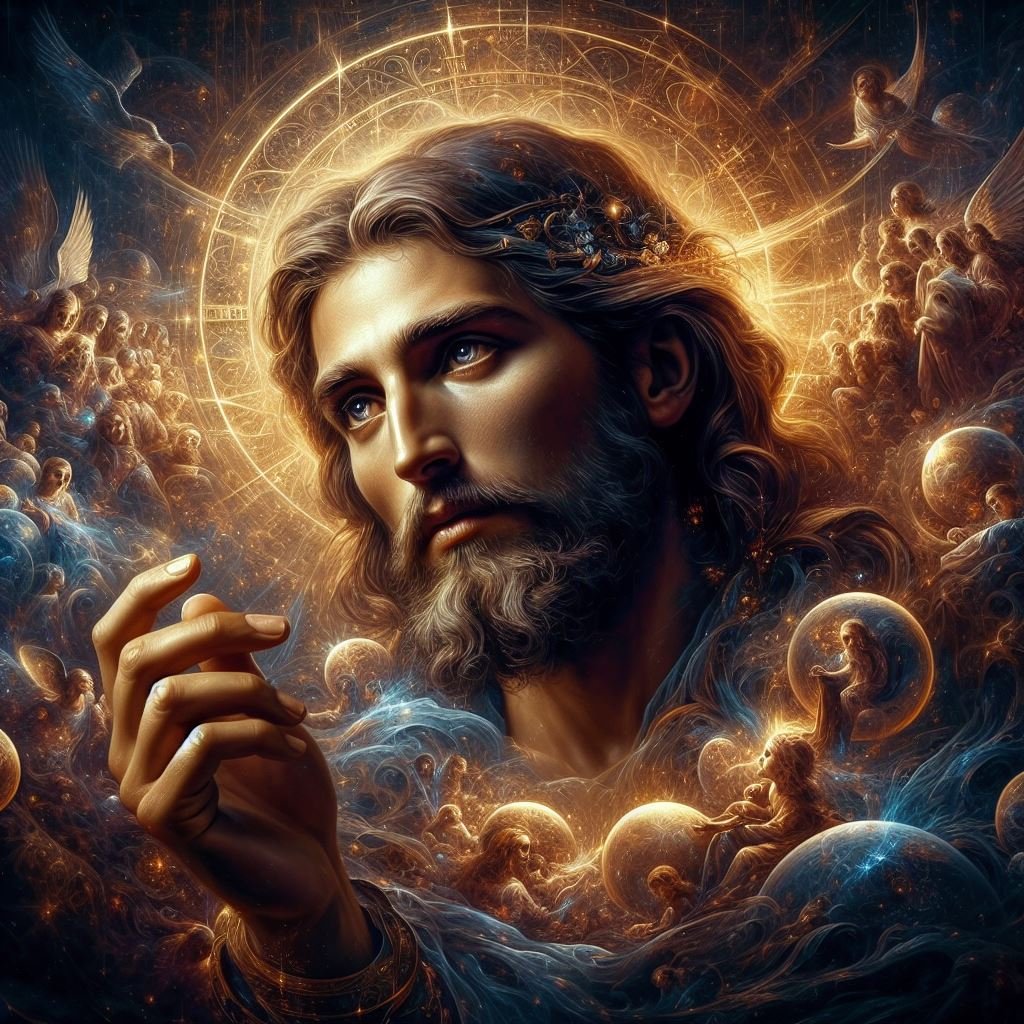
In the grand tapestry of religious contemplation, few concepts captivate the human spirit as profoundly as the mystery of the Incarnation – the belief that the divine essence of God took on human form in the person of Jesus Christ. This sacred and enigmatic event lies at the very heart of Christian theology, inviting believers to grapple with the paradox of the infinite Creator assuming finite, mortal existence.
The Concept of Incarnation:
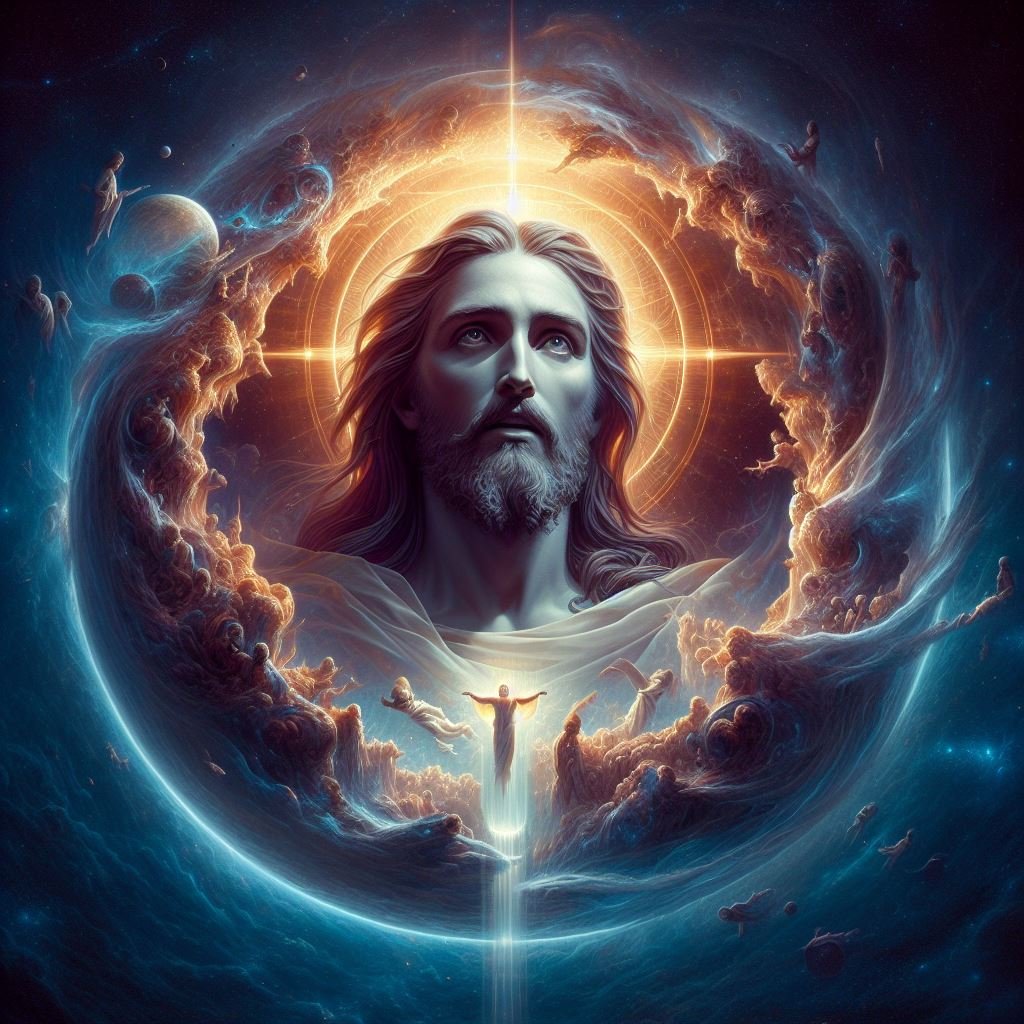
The term “Incarnation” finds its roots in the Latin word “incarnatio,” meaning “to become flesh.” It encapsulates the theological conviction that God, in the person of Jesus, entered into the realm of humanity, taking on the fullness of human experience. This profound mystery challenges the limits of human comprehension and beckons believers to explore the unfathomable depths of divine love and humility.
The Word Made Flesh:
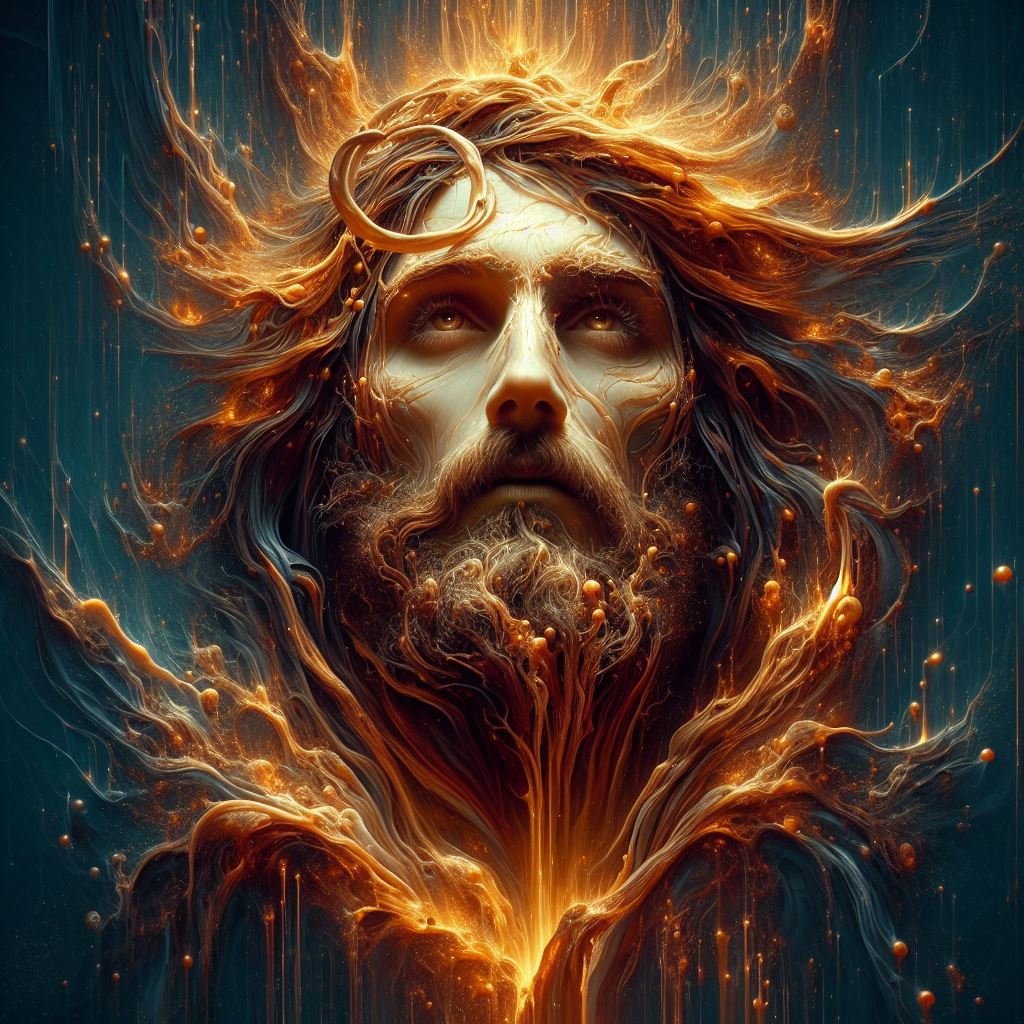
The Gospel of John eloquently encapsulates the essence of the Incarnation with the proclamation, “And the Word became flesh and dwelt among us” (John 1:14). This poetic expression encapsulates the astonishing transformation of the eternal, divine Logos into the tangible reality of a human being. The Incarnation represents the convergence of the eternal and the temporal, the infinite and the finite, in a single, extraordinary life.
Human and Divine Nature United:
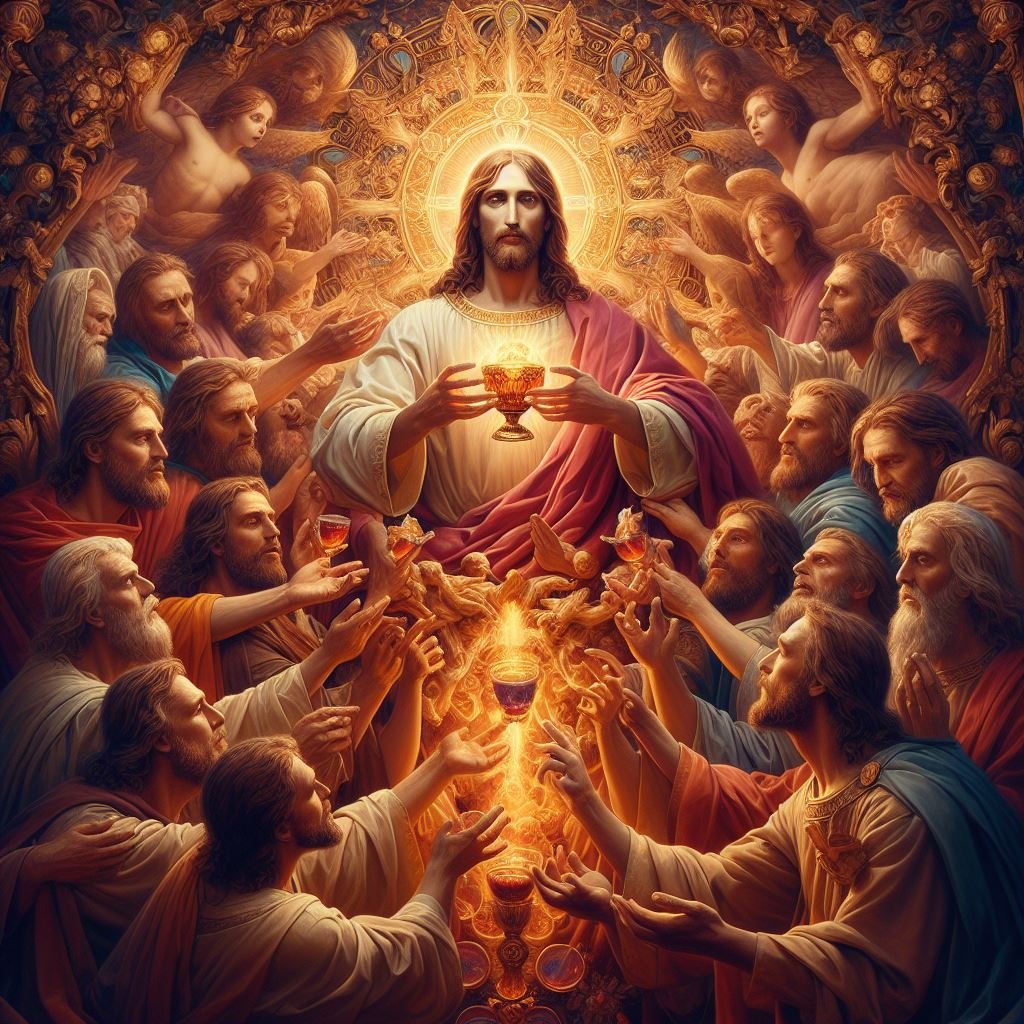
At the core of the mystery of the Incarnation is the belief in the simultaneous existence of both human and divine natures in Jesus Christ. This union, known as the hypostatic union, signifies the perfect fusion of the divine and the human without confusion, alteration, or division. The Incarnation affirms that in Jesus, God did not merely adopt a human appearance but fully entered into the human experience, sharing in our joys, sorrows, and struggles.
Redemption and Reconciliation:
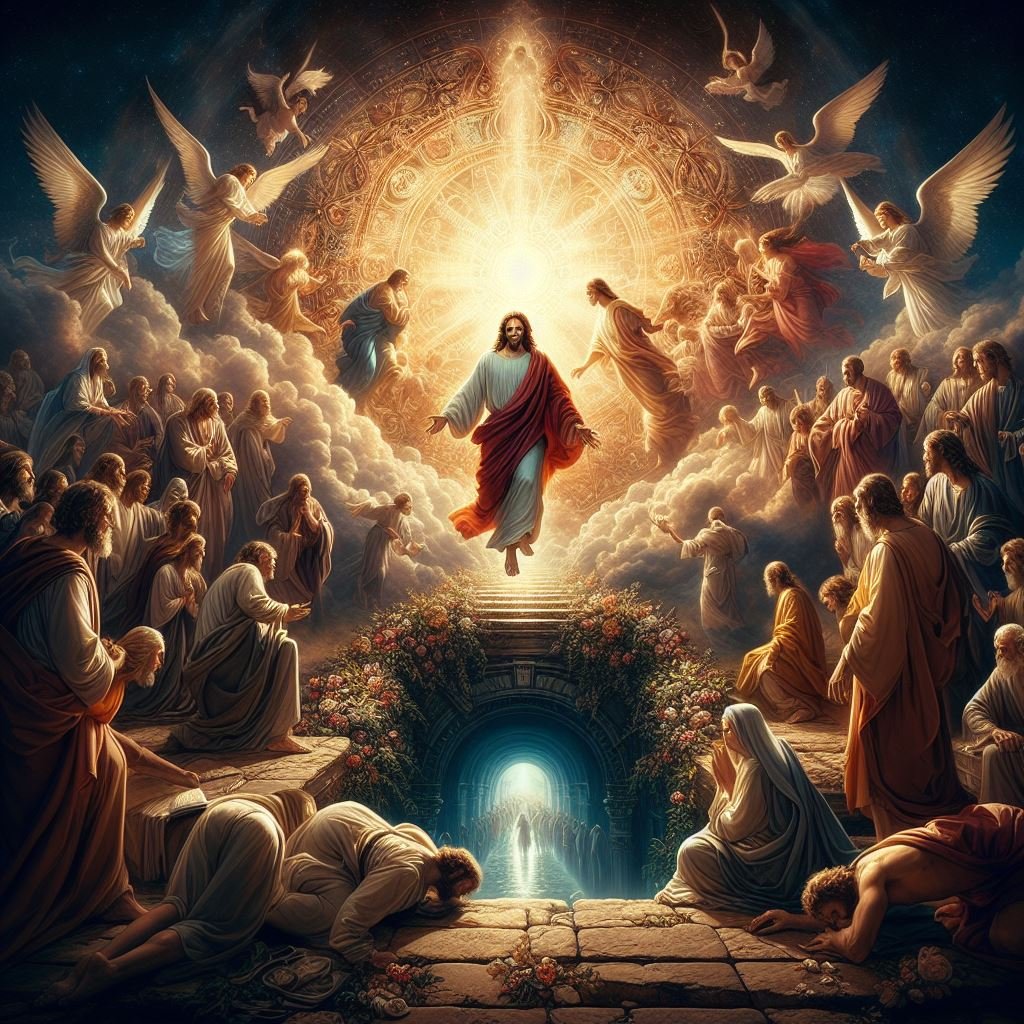
The theological significance of the Incarnation extends beyond a mere philosophical concept. It is intricately linked to the salvific mission of Jesus. In assuming human form, God became intimately acquainted with the human condition, offering a path of redemption and reconciliation. The Incarnation becomes the bridge that spans the chasm between the divine and the fallen human state, inviting believers into a renewed relationship with their Creator.
The Model of Humility and Love:
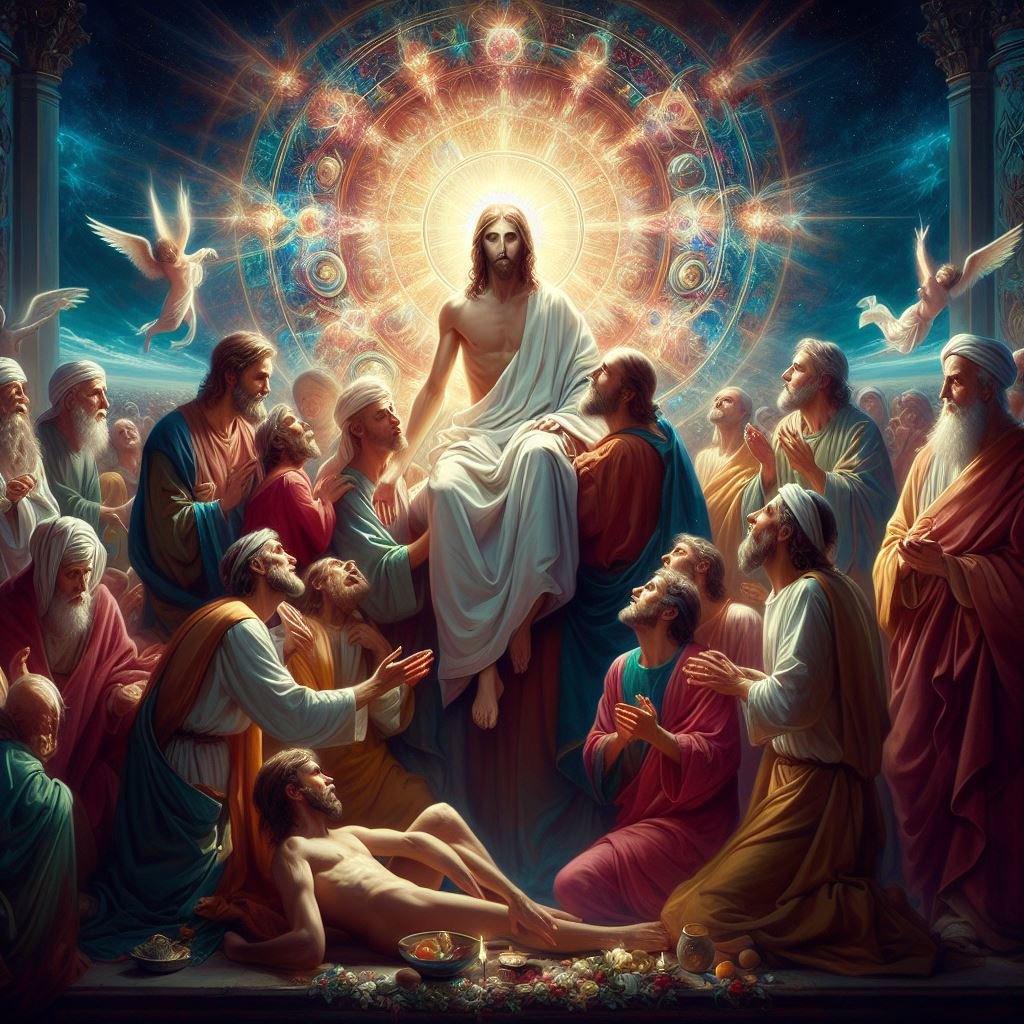
The Incarnation is not merely a cosmic event relegated to the annals of history; it is an enduring model of humility and love. The God who took on human flesh demonstrated a radical, self-emptying love that calls believers to emulate the same sacrificial spirit in their interactions with one another. The mystery of the Incarnation challenges adherents to embody the divine qualities of compassion, forgiveness, and selflessness in their daily lives.
Conclusion:
The mystery of the Incarnation stands as a testament to the depth of God’s love and the profound lengths to which the divine is willing to go to reconcile with humanity. It beckons believers to delve into the paradoxical beauty of a God who, in the person of Jesus Christ, embraced the limitations of mortal existence. As the faithful contemplate the mystery of the Incarnation, they are invited to marvel at the boundless love that bridges the gap between the divine and the human, inviting all into a transformative encounter with the Creator in the guise of a humble, incarnate Savior.




